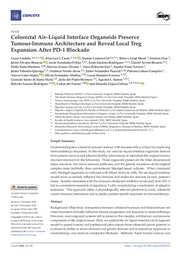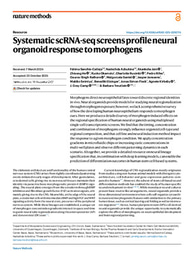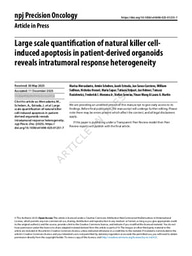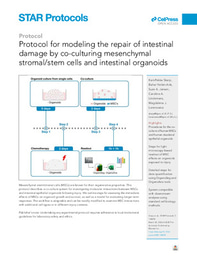P4HA1 mediates hypoxia-induced invasion in human pancreatic cancer organoids
Authors: Bernat Navarro-Serer1*, Maria F. Wissler1*, Brandi K. Glover1*, Michael G. Lerner2, Harsh H. Oza3, Vania Wang4, Hildur Knutsdottir5, Fatemeh Shojaeian1, Kathleen Noller3, Saravana Gowtham Baskaran3, Sarah Hughes1, Alana M. Weaver2, Daniel Wilentz1, Oluwatobiloba Olayemi1, Joel S. Bader3,5, Elana J. Fertig3,5,6, Daniele M. Gilkes3, Laura D. Wood1,3
1Department of Pathology, Johns Hopkins School of Medicine, Baltimore, MD
2Department of Physics, Engineering and Astronomy, Earlham College, Richmond, IN
3Department of Oncology, Johns Hopkins School of Medicine, Baltimore, MD
4 Department of Biochemistry and Molecular Biology, Johns Hopkins Bloomberg School of Public Health, Baltimore, MD
5Department of Biomedical Engineering, Johns Hopkins University, Baltimore, MD
6Department of Applied Mathematics and Statistics, Johns Hopkins University, Baltimore, MD
* These authors contributed equally to this work Running Title: P4HA1 drives hypoxia-induced invasion in PDAC organoids.
Correspondence: Laura D Wood, MD PhD Associate Professor, Department of Pathology The Johns Hopkins University School of Medicine Room 345, 1550 Orleans Street Baltimore, MD 21287 Office: 410-955-3511 Email: ldwood@jhmi.edu
JSB is a founder of and advisor to Neochromosome, Inc., and its parent company Opentrons Labworks, Inc. JSB is an advisor to Dextera Biosciences, Inc. The other authors declare no potential conflicts of interest.





Please sign in or register for FREE
If you are a registered user on WORC.Community, please sign in